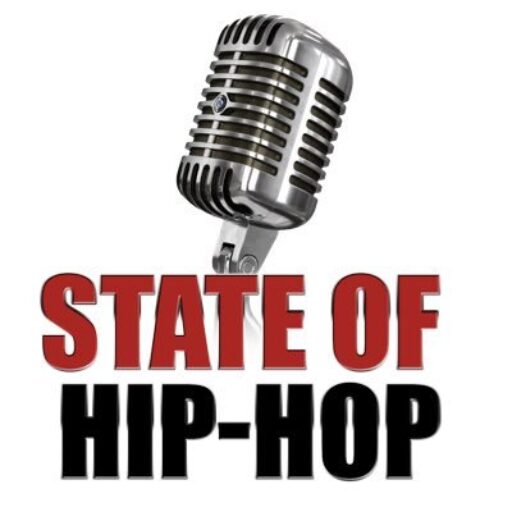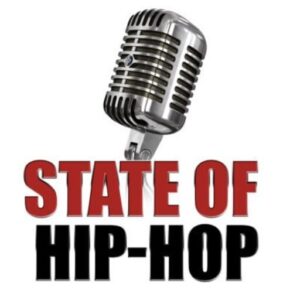A group of children protesting the economic crisis and brutality in Nigeria could potentially face the death penalty after being arraigned on Nov. 1. According to The Associated Press, four of the group of 29 child protestors collapsed in court from exhaustion before they could enter their pleas in court.
In total, 76 protestors were charged with ten felony counts, including treason, destruction of property, public disturbance, and mutiny, per the charge sheet obtained by the AP.
The minors are all teenagers, ranging from 14 to 17 years old; frustrations over the increase in the costs associated with living in the country have resulted in multiple mass protests during the last few months.
According to Akintayo Balogun, a private lawyer from Abuja, the children cannot be sentenced to death due to the Child Rights Act.
“So taking minors before a federal high court is wrong, ab initio, except if the government is able to prove that the boys are all above 19 years,” Balogun told the AP.
Marshal Abubakar, a lawyer for some of the boys, alluded to the children’s ludicrous circumstances in a country that often has problems ensuring their proper education.
“A country that has a duty to educate its children will decide to punish those children. These children have been in detention for 90 days without food,” Abubakar said.
According to Al Jazeera, protests in August railed against the country’s anti-poor measures, and some, like Juwon Sanyaolu, the leader of the Take It Back movement, said the country’s leaders are out of touch with its populace.
“The ordinary people are suffering, but this government doesn’t care because they cannot feel the pulse of the ordinary people,” Sanyaolu told Al Jazeera.
Sanyaolu continued, “Why will they keep listening and dancing to the tune of these foreign interests while undermining Nigerians? We don’t consider government officials as Gods, and we don’t exist to serve their greediness. They should serve us, and that’s why we’re going to keep marching.”
In Ilorin, a city north of the Nigerian capital of Lagos, Ahmad, a mobile point-of-sale operator, said that the people are fed up with the loss of their ability to buy food.
“People are just too scared here. But everything about Nigeria is painful. Every day I go home from work, I have to start thinking because it costs me about 1,000 naira ($0.60) when it used to cost me way less. This morning, I could not even buy bean cakes to eat with my bread because they were ridiculously expensive and tiny,” Ahmad said.
Things were bad in Nigeria due to the 2020 pandemic, mismanagement, and insecurity, resulting in a deep depression.
However, the country’s situation worsened when President Bolu Tinubu imposed fiscal measures recommended by the World Bank.
Tinubu removed a decades-old fuel subsidy and unified foreign exchange markets in 2023. Since then, the naira has lost over 50% of its value, making it incredibly difficult to import products.
The World Bank has signed more than $6.52 billion in relief funds to Tinubu’s administration, including $1.57 billion released in September 2024.
However, Nigerians have seen their leaders, like Vice President Kashim Shettima, spend $12.5 million on renovations for an official villa, and Tinubu purchase a new plane, while they can’t buy the same food they used to, stirring resentment.
Deji Adeyanju, a human rights lawyer and activist, told the outlet that the crackdown on protests is designed to elicit fear.
“The government does not tolerate dissent or criticism,” Adeyanju told Al Jazeera. “By arresting people and charging them like this, they believe that people will be scared and will not want to protest –- that’s their goal.”
However, Sanyaolu and his group are determined to keep protesting Tinubu’s government.
“We are not scared by them, and we want our demands met unconditionally,” Sanyaolu said. “There are two options – either President Tinubu abandons these policies, or he resigns.”
RELATED CONTENT: Kidnapped Nigerian Students Rescued After Two-Week Captivity


